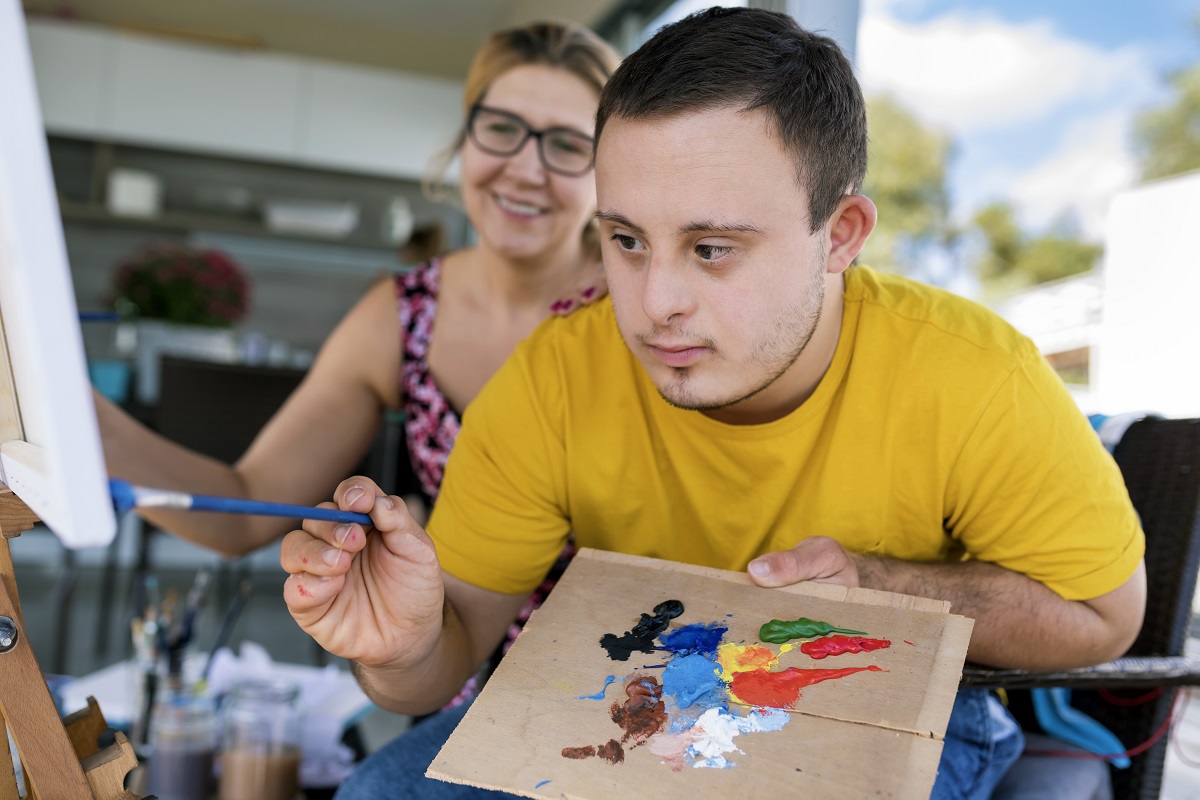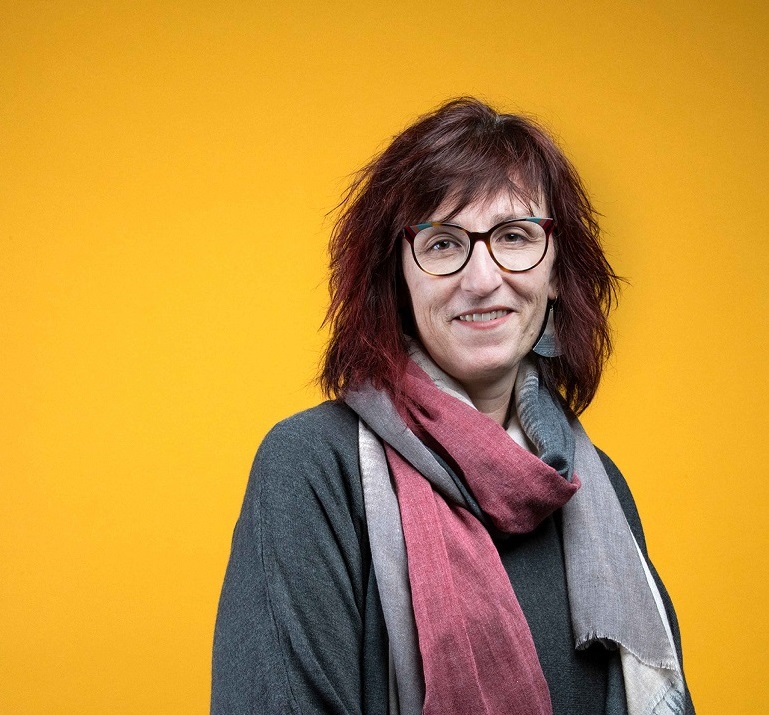
A project led by Flinders Caring Futures Institute researcher and Professor in Disability and Community Inclusion Sally Robinson aims to develop a national framework protecting young people with disabilities from abuse.
The ground-breaking new research has been awarded nearly half a million dollars’ worth of funding over three years under an Australian Research Council Linkage project, with a further $380,000 coming from project partners and strong in kind contributions.
The first of its kind project with UNSW and the University of Melbourne will involve young people with cognitive disability to address poor quality interactions with support services and delivery of services through the NDIS, with the aim of identifying practical solutions that will benefit many people into the future.
Professor Robinson says the project allows researchers to dig deep into things that people with disability value the most when accessing services.
“This is a chance for us to explore the things that people with disability believe matter, but also taps a vein of what is of interest to a really wide range of industry partners.”

Those industry partners include investigators with government, disability industry and community advocacy partners who will develop a framework to prevent everyday harm and abuse, while promoting safety and wellbeing for young people with disability using support services.
Through its transformative approach the ARC Linkage project aims to generate social, policy and economic benefits and promote the involvement of young people with disability as co-researchers as well as participants.
The project will be based on a previously trialled recognition theory, derived from the concept that people need to be cared about, respected and valued in their relationships with other people. Professor Robinson says when people feel the opposite, feelings can develop into different kinds of misrecognition, potentially leading to abuse.
“Young people often don’t know how to name and communicate everyday experiences in support relationships that leave them feeling uncomfortable, devalued, disrespected or neglected.
“Through earlier research we learnt the theory really resonated with young people with cognitive disability. We’ve tried it, we’ve tested it, we know it works.”
Professor Robinson says the disability sector urgently requires restructuring, with the new research addressing the damning findings from the Royal Commission through the development of new responses to be used by policy makers and practitioners.
“The research is fundamentally about focusing on those moments where poor practice occurs but typically goes unnoticed or unaddressed – to facilitate better outcomes for everyone involved in the management, delivery and receipt of disability support.”
The researchers will also collaborate with a range of government and private service providers to improve on the quality of interactions with disability support providers.
“What excites them about the project is the focus on the everyday experiences with support relationships and the potential this holds for building better practice cultures.”
With its national scope, the project will support recommendations at the Disability Royal Commission and the incoming Australian Disability Strategy 2022-2032.
The investigators comprise a diverse range of interdisciplinary academics with expertise in abuse prevention, social policy and social research theory with a track record of inclusivity and international reputations.

